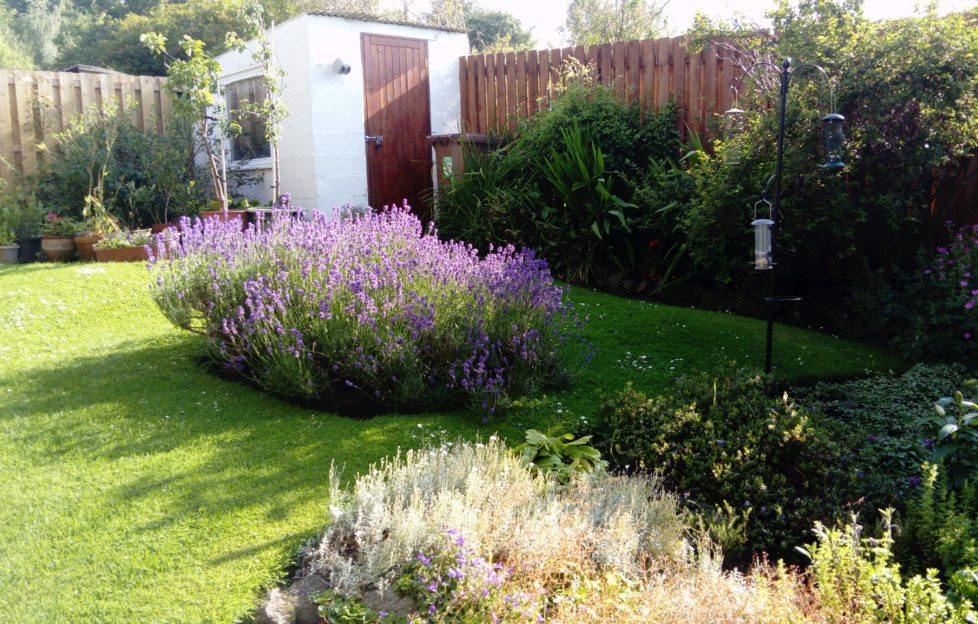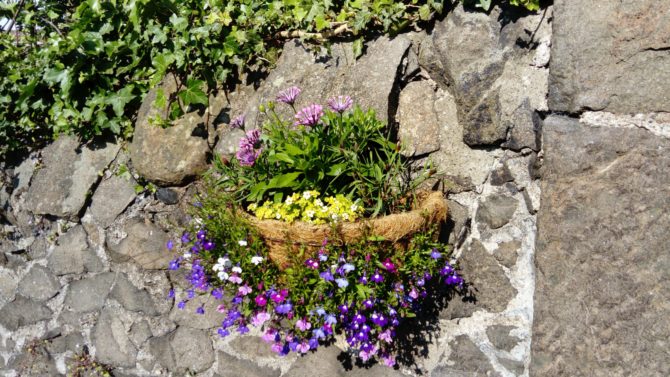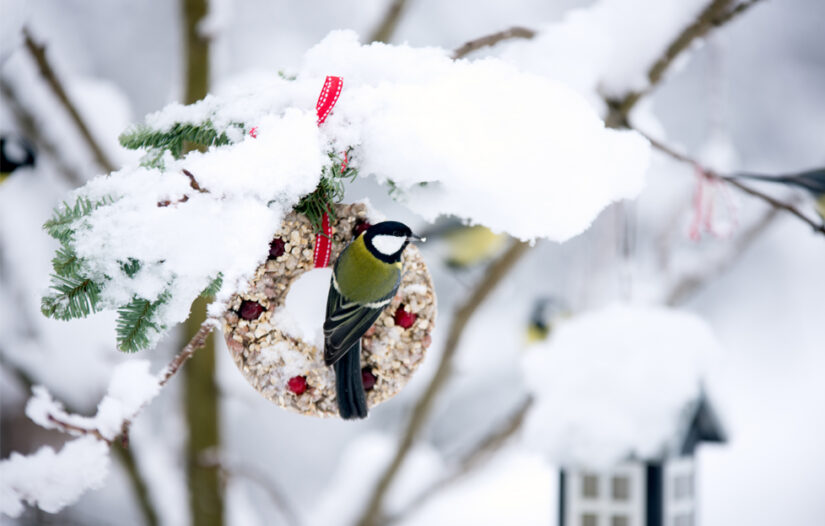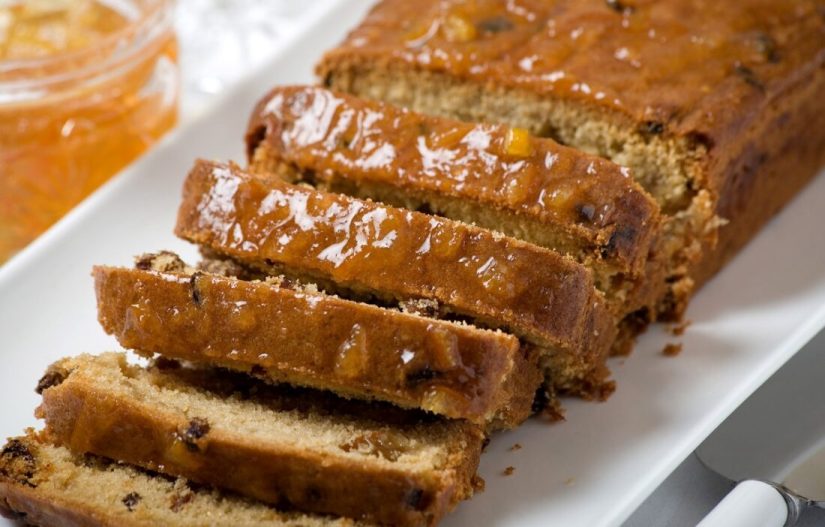
I love reading the gardening pages in the “Friend” every week.
I think our expert, Alexandra Campbell, is brilliant — her advice is always practical, and easy to follow. So when she suggested trying peat-free compost in her article back in our May 18 issue, I paid attention.
To my shame, I’d never really thought about where commercial compost came from. I would simply go to the garden centre in spring and purchase the best-priced option. But the article opened my eyes to the environmental impact of using peat in our gardens.
Now I should say right away that I’m no expert gardener. (You can probably tell this from the above picture of my garden!)
I’m an amateur who takes a lot of pleasure in seeing things grow. But how could I continue to take pleasure in using up such a valuable resource as peat?
Wildlife Habitat
As Alexandra pointed out, peat can take several thousands of years to form. The wetlands that peat comes from are important for absorbing CO2. And they’re a vital wildlife habitat. Yet I was using this in my window-boxes!
So when I went shopping for compost for my containers this year, I was careful to buy a peat-free variety. It was slightly more expensive than the option I’d normally choose, but my conscience was clear.
And, as you can see from the picture below, my bedding plants seem to be thriving.

You may need to shop around a little to find a compost that is peat-free. But even peat-reduced is a better choice than peat-based. And if you don’t ask for peat-free compost, retailers might assume there is no demand for it.
Gardeners use six billion tonnes of peat a year worldwide, and this level of consumption is damaging the environment. The more of us who make the switch to peat-free, the better.
As Alexandra says, “If ‘Friend’ readers made it their mission to ask for and buy peat-free composts, I think we’d see a lot more peat-free compost for sale this time next year.”
Read more about my efforts at gardening here.




